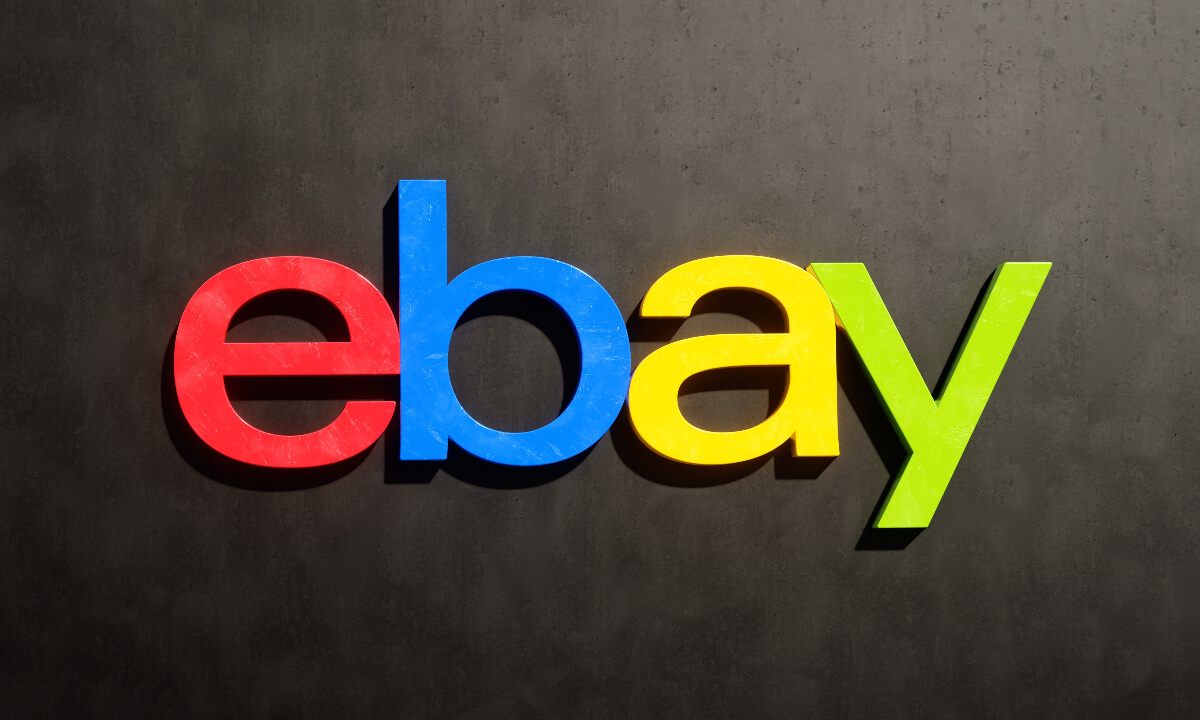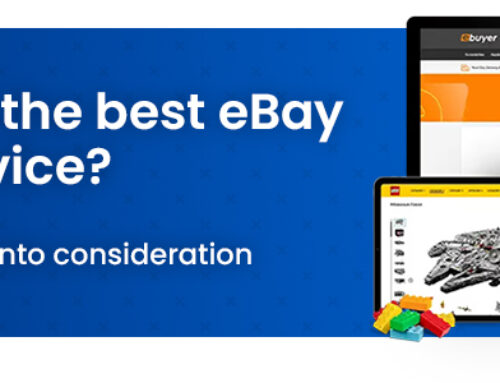
Share This Blog Post
Titles are one of the most important aspects of your eBay listings. You must get your titles right if you want to sell more on the online marketplace.
A good eBay title not only improves your chances of appearing in eBay search. It will also influence more potential buyers to click on your items.
However, mastering eBay titles can be a challenging task. With only 80 characters to work with, if you want to persuade buyers that your item is the right one for them, you will have to use each of those characters wisely.
To help you write more discoverable, engaging, and profitable titles, the eBay experts at Frooition have compiled a list of top tips from our community of professional sellers and industry insiders.
Find out what search terms buyers are using to search for your exact item
There are several ways to do this:
- Put yourself in the buyer’s shoes and think about what words they would use to search for your item on eBay. You should write your title as you would search for it, not necessarily how you would market it.
- Search for your type of product on eBay and see if there are other relevant terms that top sellers of similar products use.
- Use eBay autocomplete to help. Type in the search terms for the item you want to sell into the eBay search bar and see in the drop-down box what words eBay autocompletes the search term with. This process highlights the top words buyers use in their searches that are relevant to your item. You can also do the same with Google autocomplete.
Never include search terms in your title that are irrelevant to your item. This will lead to high bounce rates, poor listing engagement and low conversion levels. Irrelevant search terms may also confuse the buyer and result in them purchasing the wrong items, contributing to a poor customer experience, negative feedback and an increase in returns and refunds.
Poor engagement and customer experience will affect your relevance in Cassini, eBay’s search engine, and result in your listings being deprioritised in the search rankings.
Include features that the buyer will search for
- Include the brand in your title for well-known branded items. Unless you are looking to generate brand awareness, for generic or own-brand items, there is little point in wasting characters on terms that buyers are unlikely to search for.
- Include information like size, colour, gender, etc., in the title. While this information should also be included in eBay item specifics, it will prompt buyer action when included in the title. You don’t need to list every item specific in your title. For example, if you are selling shoes, placing text like “size 7-12” in the title will be a good enough prompt for your potential buyers to engage with your listing.
- Use all the available characters. Start with the most important keywords and then add extra detail. Remember, only include information that is relevant to the item.
- For categories where style is important, such as fashion, furniture, home décor, art, etc., include words that describe that style, such as “Scandinavian” or “retro”, that buyers might be searching for.
- For technical items such as electrical appliances, spares, and accessories, include the MPN (Manufacturers Part Number). Buyers will often search for these items using the MPN.
Front-load the most important keywords at the start of the title
This practice is essential in any SEO (Search Engine Optimisation) strategy, and eBay is no different.
Front-load your titles with the most relevant keywords and then organise them in a readable, logical order. This approach will not only increase your items’ visibility on eBay. It will also help your listing show up on Google Shopping.
If the brand is an important keyword, put that first. Then add the product itself along with any key features such as size, colour, etc. Any extra benefits, such as “comfortable” or “lightweight”, comes after this.
While it might seem obvious, ensure that all brand names and keywords are spelt correctly.
What not to put in your title
- Do not use irrelevant terms that mean you appear in searches that are irrelevant to your item. It might seem like a good idea to show up in as many searches as possible, but if people are not clicking on your items, you will quickly lose search relevancy. Cassini uses sales performance and not just keywords. Therefore, having very visible listings can quickly hurt you if you don’t turn those impressions into sales.
- Do not use acronyms, like NIB (New In Box), that buyers might not understand. Back when eBay was mainly a marketplace for used items sold at auction, these terms were common. However, in today’s world of fixed-priced listings and Google Shopping, they are not fit for purpose.
- Do not use all capitals. Titles written in capital letters can be challenging to read and look unprofessional. Capitalised titles will also be edited by Google Shopping so that only the first letter of each word is capitalised.
- Do not use coordinating conjunction words like “and”, “but”, “or”, etc. Buyers don’t search for them, and eBay’s search engines don’t rank them, so they only use up valuable space.
- Do not use exclamation marks, words like “look” or “wow”, etc. It looks spammy and unprofessional and could result in being rejected from Google shopping.
Learn more
To learn more about how the eBay experts at Frooition can help you improve your business’s eBay listing visibility and sales, get your free eBay listing optimisation report here.






